Meet our Trustee, Jaspreet
Hello, my name is Jaspreet and I’m proud to serve as a trustee on the Board of BDC Mind. I chose to volunteer with Mind because I’ve seen first-hand how vital community based mental health supporter is.
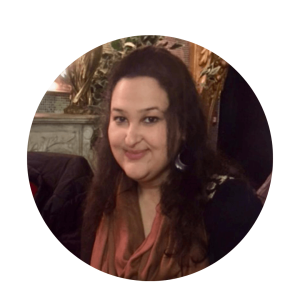
She plays a vital role on our Guide-Line service, providing emotional, confidential support to people of all-ages, over the phone and online. We spoke to Uzma to find out what motivates her to work in mental health, how she keeps herself well and why she loves working on Guide-Line.
Tell us about your career in mental health and how you started working at Guide-Line?
I was talking to a colleague about this recently, when I first went into mental health I worked on the Samaritan’s helpline at the age of 19. I worked as a Samaritan for 11 years from the age of 19 to 30.
I learned a lot of skills with Samaritans that I still use now on a day-to-day basis, the training was fantastic. Then I saw the job advertisement come up for Guide-Line, and it sounded lovely. It was closer to home, and that’s one of the major reasons for me, that there was less travel involved. I had a lot of experience in telephone helpline support so it seemed like a natural transition.
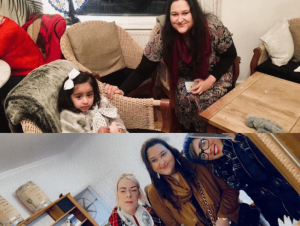
What does a typical Guide-Line shift look like?
Every shift is completely different, no two days are the same. When we first started we had a lot of regular calls from our service members that were using BDC Mind’s services like our Wellbeing Groups. Today it’s developed into a regional helpline, we get calls from all over the place. Every day now you don’t know what you’re getting, we still have a few frequent callers that will call in.
Quite often these callers will speak to nobody in the day, and we might be their only form of contact that day.
Sometimes I speak to people who might be in crisis and experiencing mental health distress, though we’re not a crisis service. They come through to us, and they might be actively suicidal, on that real cusp of wanting to harm themselves, and we might be the first contact that they have. Now we have the Safe Spaces crisis service we can refer people in crisis for same-day one-to-one support in-person or over the phone.
It can be heavy but other times it can be lighter, on Christmas Day, there’ll be people who ring up just to wish you a merry Christmas, which is lovely. It’s such an amazing mix from one day to the next, you really don’t know what you’re going to get, so you have to be on your toes. That’s what I love about Guide-Line.
You provide so much support for people calling Guide-Line, what support is available for you?
We’re really lucky because we’ve got a great support network in our team, we will check in with our fellow workers and whoever you’re on shift with. I also have a lot of supervision, and I think this is key to looking after myself and being able to do this type of work long term.
Supervision is a regular check-in with someone to see how I’m coping with the demand of the job and how I am doing personally. We have supervision in-house, which is fantastic. During supervision we could talk about what’s going on with callers, and then also we can talk about what’s going on for us personally. We also have an amazing Service Coordinator, Lindsay, she’s always there if you need to check in if you’ve had a difficult call.
What do you do in your spare time to unwind from your mental health work?
It’s so important to have balance, I make sure I have a really healthy private life and I actively engage in managing my own mental wellbeing. If I’m not any good, I’m not going to be good for anybody else, you are the resource. I love baking and make an epic afternoon tea, I’ve also recently started archery which I’m really enjoying.
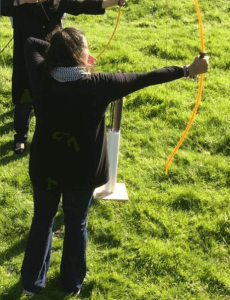
As equally as I am passionate about helping people, either in crisis or on their recovery journey, I’m equally passionate about my own mental health. I’m really engaged with my family and my friends, I have an active network of friends and people that don’t work in mental health. They’re my foundation, they keep me grounded and I can have a good laugh with them too.
I also do a lot of self-care, I love a spa, all that good stuff.
I do have a rule of thumb, my ‘six to one’ rule. As a psychotherapist we get taught this all the time. If you’re working for six weeks, after six weeks you need a bit of time up for yourself.
Sounds indulgent, but it’s so necessary! After about six weeks, I know that I’m due for some time off, even if it’s a weekend away, or a couple of days off I will pencil that in. That’s a regular way of me staying well.
You recently were invited to speak at a psychotherapy conference in Manchester, can you tell us about the experience?
Yes it was run by the Manchester Institute for Psychotherapy and the conference was themed around empowerment, empathy and self-agency. I was very excited to be one of the speakers and I met some of the world’s real influential people in the psychotherapy. I got to meet Richard Erskine, who is like the Freud of our world. It was cool, I had a bit of a fan-girl moment and got him to sign my book. It was a brilliant experience and something I would like to explore more of and see if there are any other opportunities that come up.
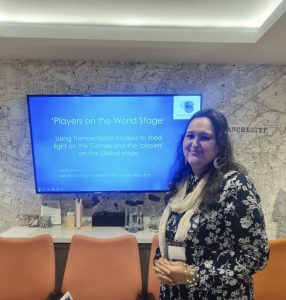
Why do you think you’ve worked on Guide-Line for 18 years? What keeps you going?
I don’t know what the word is, but I feel a real value in what I do. When a caller comes through, and I know I’ve legitimately done the best I can. When somebody is on the edge of possibly either being suicidal or having active suicidal thoughts and I have a meaningful connection with somebody that’s led them to a different direction. You can’t get any better than that.
You’ve made real, meaningful change at that point and it feels almost addictive. You don’t get that in normal life.
You know, if you’re working in a bank, or if you’re working in a supermarket, you’re not going to get that meaningful connection with somebody where you could potentially help them from a life or death situation. I feel like I’m making some good in the world. We’ve got so much stuff going on that makes no sense, my work helps me make sense of what’s going on the world, because I’ve made an actual, actively positive difference.

We are always looking for brilliant people to join our growing workforce. If mental health is your passion then check out our latest vacancies.
Posted on: 17th December 2024
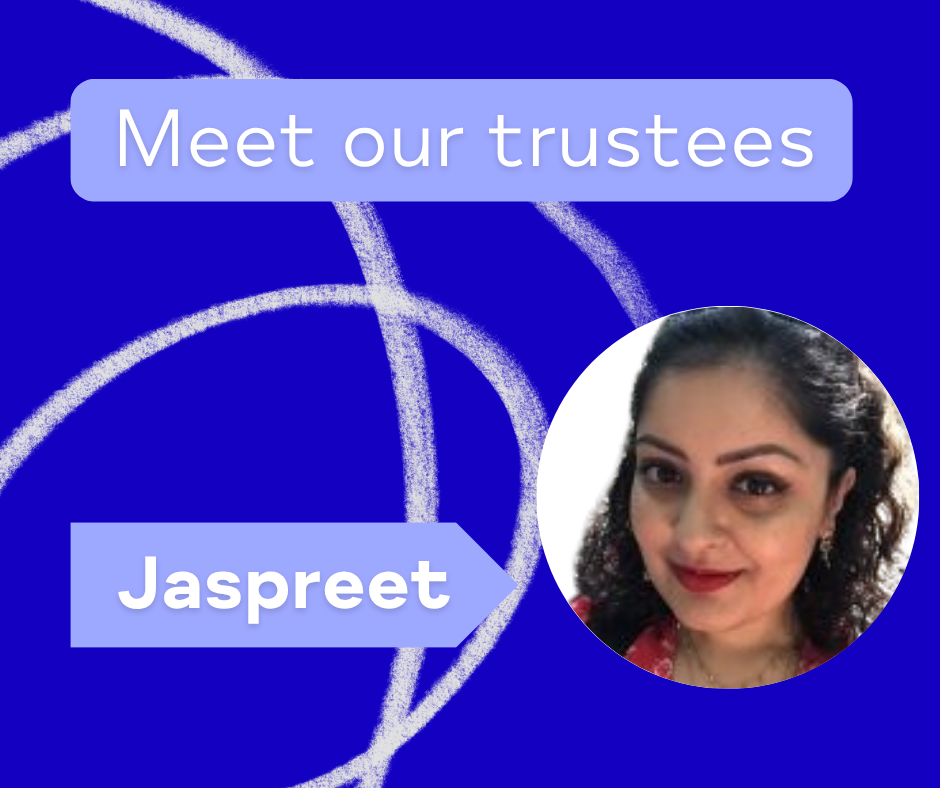
Hello, my name is Jaspreet and I’m proud to serve as a trustee on the Board of BDC Mind. I chose to volunteer with Mind because I’ve seen first-hand how vital community based mental health supporter is.
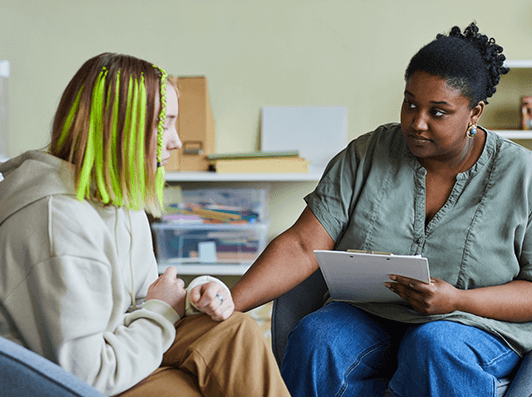
Safe Spaces is crisis support service led by The Cellar Trust and Bradford District and Craven Mind alongside […]
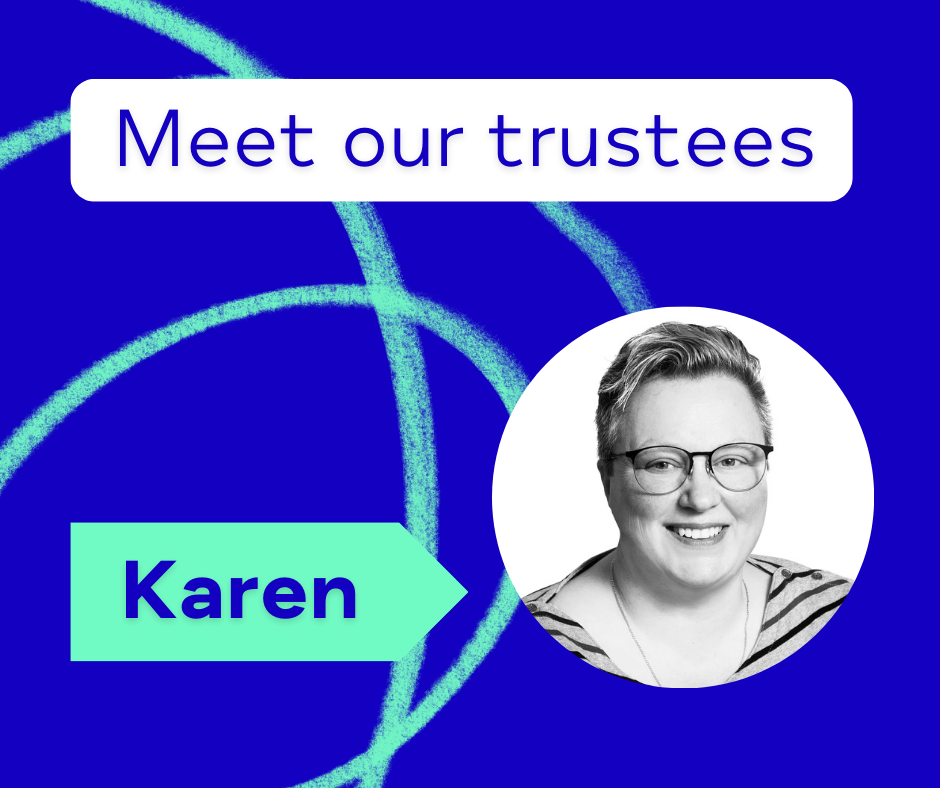
Hello, my name is Karen and I’m a trustee here at Bradford District and Craven Mind. I became a trustee last year, you might want to know why I decided to do that. Well, it’s quite simple, I felt that I wanted to give something back and get involved in something beyond my day job.
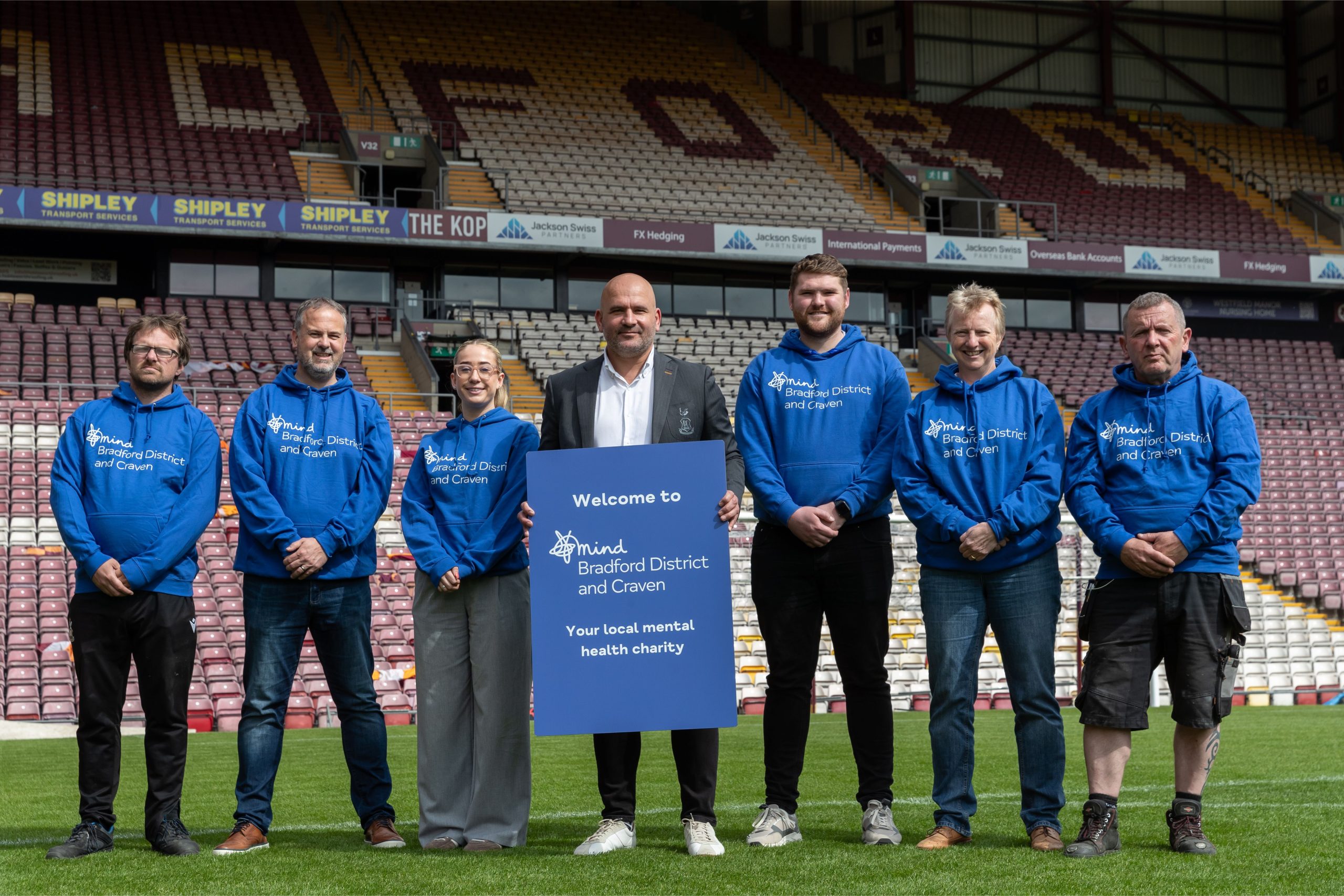
Bradford District and Craven Mind has teamed up with Bradford City AFC in a new […]